Can Cats Eat Garlic? Do Not Be Fooled by Dumb Myths!
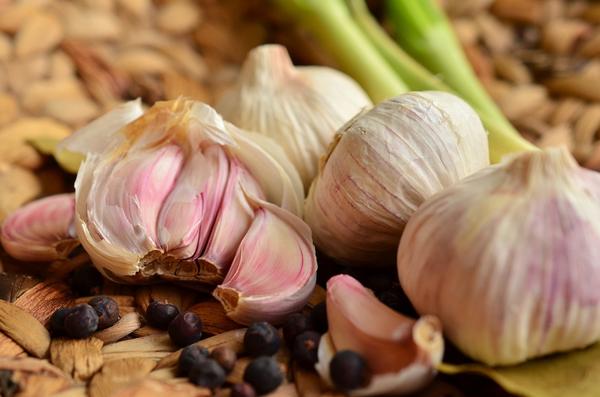
Imagine this:
You're scrolling through your newsfeed, minding your own business, when suddenly, an alarming thought crosses your mind.
Can cats eat garlic? 😱
Panic sets in as you contemplate the worst-case scenarios:
Toxic reactions, vet bills, and guilt for unintentionally harming your beloved feline companion.
Don't fret, my concerned friend.
In this blog post, we'll delve deep into the garlic-cat conundrum to give you the peace of mind you seek.
So, keep reading, because your cat's well-being depends on it.
Understanding Garlic Poisoning in Cats: Toxicity and Causes Explored
Garlic poisoning in cats is a serious matter.
You might not think of garlic as harmful to your furry feline friend, but it can have devastating effects on their health.
Here are some key points about garlic poisoning in cats that you should know:
- Garlic is more toxic to cats than dogs: While dogs can tolerate small amounts of garlic without harm, even a small quantity can be detrimental to cats.
- Anemia and gastrointestinal upset can occur: Cats that consume garlicky human food may suffer from anemia and gastrointestinal issues.
- N-propyl disulfide is the culprit: Garlic contains this compound that damages red blood cells, leading to anemia in cats.
- Allium family members are toxic too: Other foods like onions, shallots, leeks, chives, and scallions are also toxic to cats. Garlic is actually five times more toxic than onions.
- Unexpected sources of garlic: Cats can be exposed to garlic or onion poisoning through sauces, broths, and even garlic bread. So be vigilant! 😺
Prevention is key when it comes to garlic poisoning in cats. Keep your kitty away from any food containing garlic, as well as other toxic substances like chocolate, coffee, alcohol, citrus fruits, xylitol, milk, dairy products, raw meat, eggs, and dough.
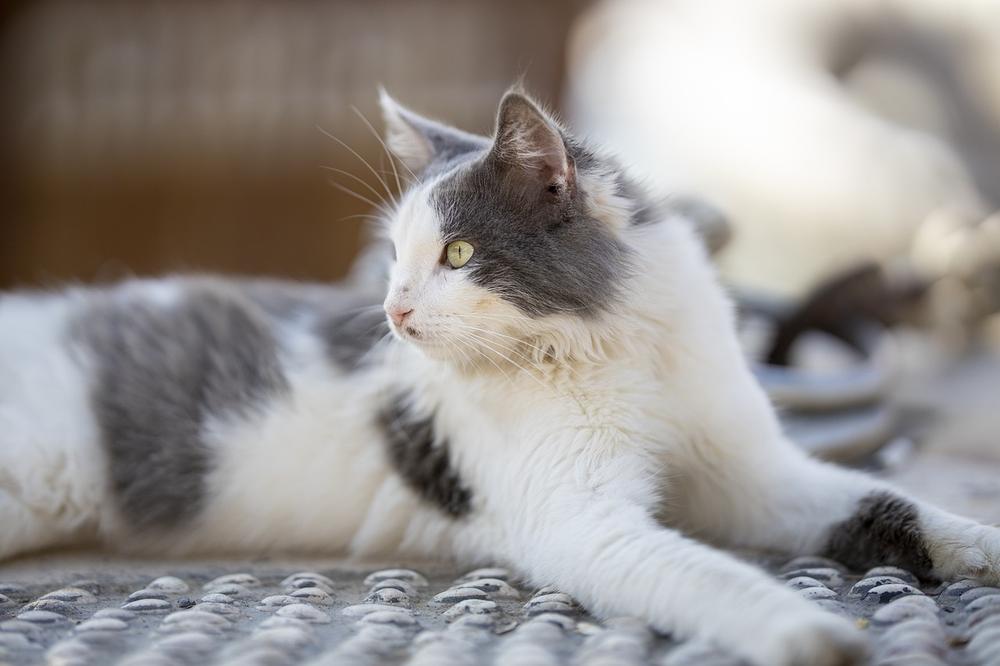
Your cat's health is worth it!
Main points I'll expand upon further down this article:
- Garlic poisoning symptoms in cats can be delayed and include vomiting, diarrhea, loss of appetite, and abdominal pain.
- Some additional signs of garlic poisoning may include weakness, gastrointestinal upset, and anemia.
- Immediate veterinary attention is necessary in cases of garlic poisoning in cats.
- If your cat accidentally consumes garlic, observe their condition for at least four days and avoid garlic-containing products.
- Inducing vomiting at home is unsafe and requires professional guidance.
- Check pet food labels to ensure they don't contain harmful ingredients like garlic or onion.
- Wet food provides higher levels of meat and meets cats' nutritional requirements.
- There is no home treatment for garlic poisoning in cats; veterinary care is necessary.
- Treatment may involve inducing vomiting, providing supportive care, and possibly a blood transfusion in severe cases.
- Treating garlic poisoning in cats can be costly, so pet insurance may be helpful.
But what if your curious cat does ingest garlic?
How would you know if they have been poisoned?
The answer lies in the symptoms that may not show up immediately.
Read on to discover the common signs of garlic poisoning in cats and understand why diagnosis can be particularly challenging.
Trust me, this is information every cat owner needs to know!
Garlic Poisoning Symptoms in Cats
Garlic poisoning affects cats differently, and the symptoms may not show up right after they eat it.
It can take days for the symptoms to appear, even in cats.
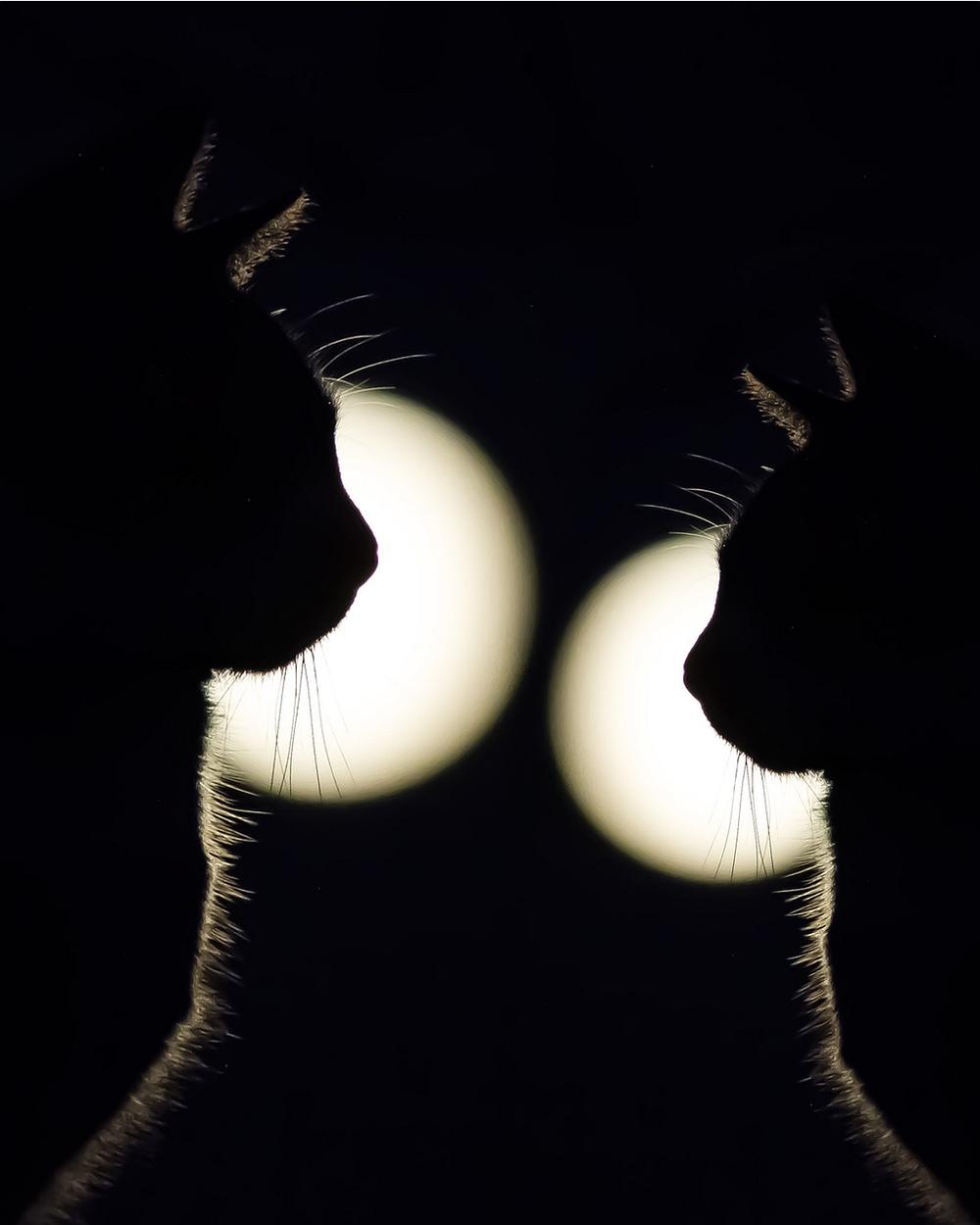
When they do show up, common symptoms include vomiting, diarrhea, loss of appetite, abdominal pain, pale gums, lethargy, discolored urine, increased respiratory rate, increased heart rate, and potential collapse.
Cats might also feel weak, have gastrointestinal problems, and suffer from anemia.
Diagnosing garlic poisoning can be tricky because of the delayed onset of symptoms.
Certain cat breeds might be more prone to garlic poisoning than others.
What to Do if Your Cat Eats Garlic
If your cat eats garlic, get them to the vet right away. 😬
It's a serious situation.
But what do you do if that happens?
Here's what you should know:
- Keep an eye on your cat for at least four days after they eat garlic or onions.
- Don't ignore things like diarrhea or vomiting if they stick around for more than a day or two.
- Don't try to make your cat vomit without professional help.
- Stay away from products that have garlic in them to prevent accidents.
- Check the labels of pet food to make sure there's no garlic or onion in it.
- Wet food is better for cats because it has more meat and meets their nutritional needs.
- Dry cat food can cause tummy problems and dehydration.
- You might want to consider using Untamed cat food – it's a good brand that has healthy meals with no grains, artificial stuff, or common allergies.
- Compared to other brands, Untamed has twice as much protein for your cat.
Ensuring these actions will maintain the happiness and well-being of your cat.
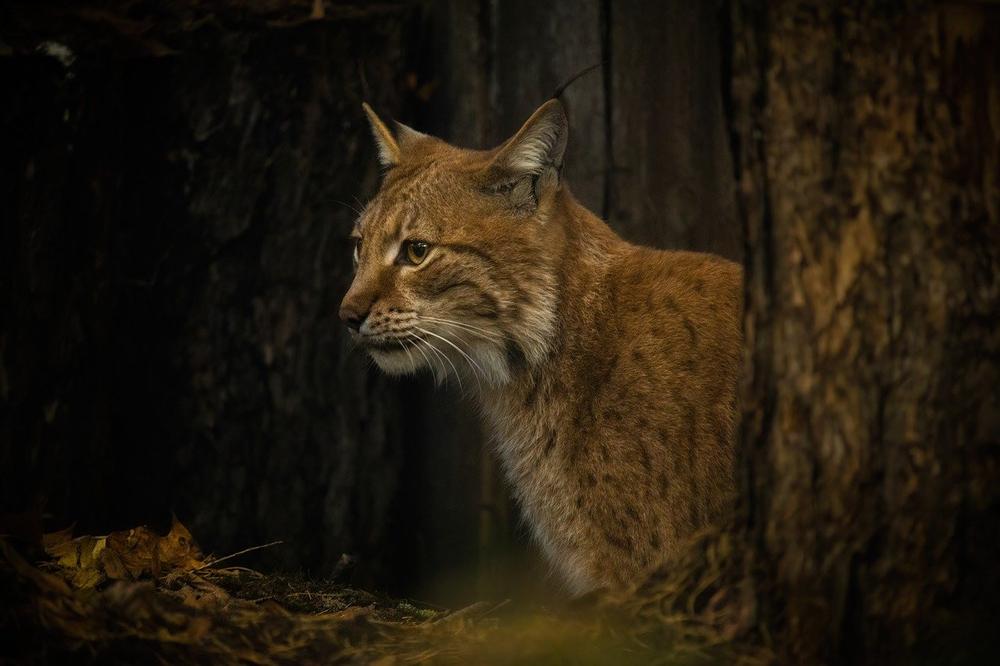
And one more thing I want to mention before we wrap up: I completely understand if you have concerns about other foods besides garlic when it comes to your cat's diet.
That's why I highly recommend checking out my article on whether cats can eat onions and understanding the potential risks involved.
You can find all the information you need in Can Cats Eat Onion.
It's always better to be well-informed and ensure the safety of our beloved feline companions.
Take care!
Treating Garlic Poisoning in Cats
Garlic poisoning in cats requires vet help
If your cat has eaten garlic, you have to seek veterinary assistance right away.
There's no home remedy you can try on your own.
When it comes to treating garlic poisoning, a veterinarian is the expert you need.
They will take immediate action to help your furry companion.
How vets treat garlic poisoning
Veterinarians will induce vomiting to remove any remaining garlic from your cat's system.
To minimize the harmful effects of garlic ingestion, they also provide supportive care using fluids, medications, and antioxidants.
Treatment duration and options depend on severity
The severity of the illness determines how long and what type of treatment is required. Garlic ingestion can have serious consequences like anemia, organ failure, and even death.
In severe cases, a blood transfusion may be necessary to restore vital components in the bloodstream.
Handling garlic poisoning promptly
The timing of when your cat consumed garlic is crucial for determining the appropriate treatment methods.
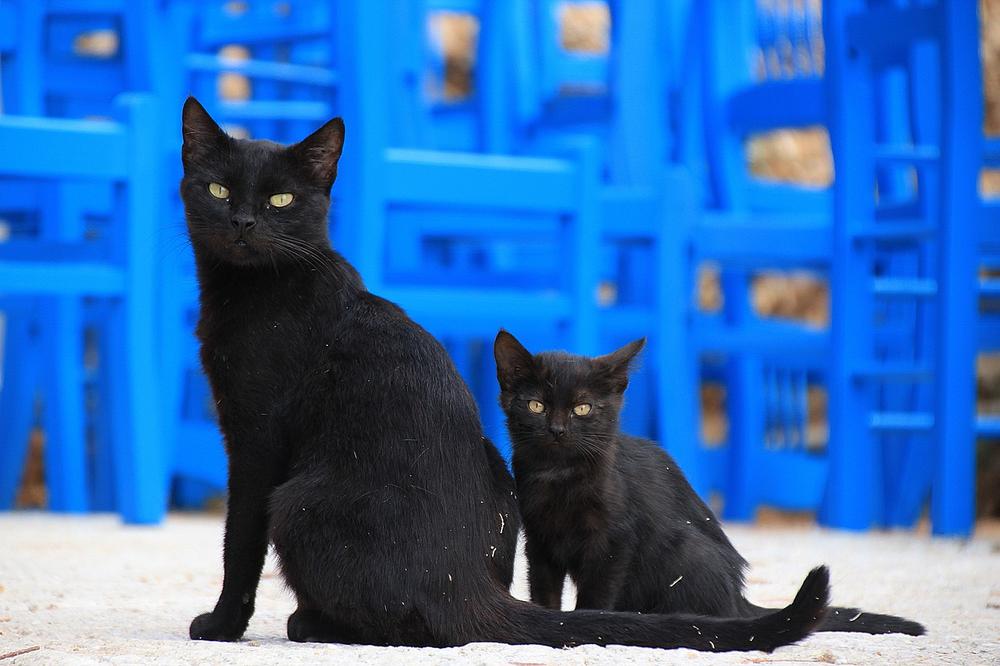
The vet may use methods such as inducing vomiting, administering activated charcoal, gastric lavage, IV fluids, or oxygen therapy.
Post-treatment care and considerations
After the initial treatment, I recommend completely removing garlic from your cat's diet. Stick to foods that are approved by the vet to ensure their well-being.
Please bear in mind that treating garlic poisoning in cats can be quite expensive.
To be prepared for unexpected expenses like this, it may be wise to consider getting pet insurance coverage.
That way, you can always put your feline companion's health first.
However, how do veterinarians actually diagnose garlic poisoning in cats?
You may be wondering what steps are involved in determining the extent of the toxicity.
Well, let me shed some light on the diagnostic process so you can understand it better and be prepared when visiting the vet!
Diagnosis of Garlic Poisoning in Cats
Diagnosing garlic poisoning in cats is done by considering the history, clinical signs, and analyzing a blood sample.
When you go to the vet, you need to provide a detailed report of your cat's behaviors, symptoms, and exposure to or consumption of garlic.
This will help the vet make an accurate diagnosis.
During the examination, the vet might conduct tests to assess the levels of red blood cells and induce vomiting using activated charcoal.
These measures are taken to remove any remaining toxins from your cat's system.
In addition, the vet may also perform additional diagnostic procedures such as a complete blood count, urinalysis, and blood chemistry profile to further evaluate your cat's condition.
These tests and examinations are crucial in confirming the diagnosis of garlic poisoning and determining the appropriate treatment plan for your feline friend.
And that wraps up today's article.
If you wish to read more of my useful articles, I recommend you check out some of these: Can Cats Drink Spoiled Milk, Can Cats Eat Mint, Can Cats Eat Sesame Seeds, and Can Cats Eat Bell Peppers
Talk soon,
-Sarah Davis